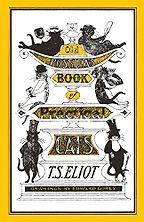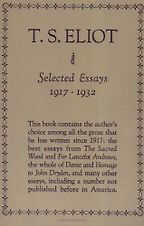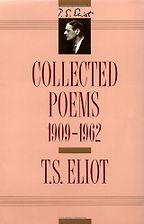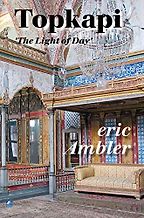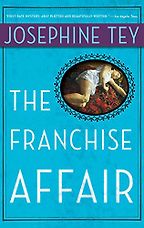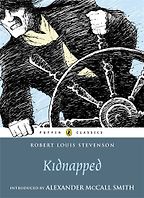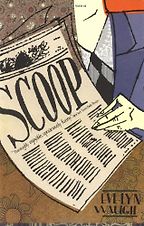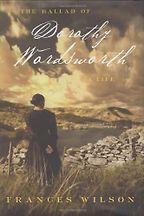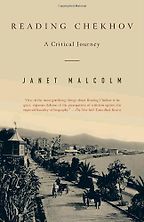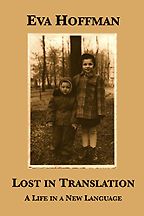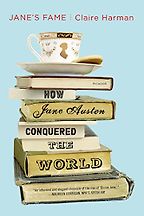Books by T S Eliot
Thomas Stearns Eliot was an important poet of the 20th Century. He won the Nobel Prize for literature in 1948.
“In some sense Eliot remains a purgatorial poet, always looking towards a paradiso that he didn’t attain.” Lyndall Gordon.
“It’s not a biography of Dante in the ordinary sense, and I don’t think Eliot thought of it as such. I chose it because he sets out a schema that was of huge importance to Eliot’s life and achievement. You don’t have to have read Dante’s The Divine Comedy to know that the inferno is followed by purgatory followed by paradiso. Eliot argues that this is a universal life and a universal pattern, and he wanted to tap into that pattern. It’s the schema of a life which moves from a sense of sin to an awareness of a broken-down life – a Waste Land life – and which moves deliberately through a purgatorial phase of suffering. One could say the equivalent was Eliot’s poem “Ash Wednesday”. In some sense Eliot remains a purgatorial poet, always looking towards a paradiso that he didn’t attain. He shared with Dante that sense of sin and introspection. Dante was, to him, the greatest exponent of the soul’s journey.” Read more...
Lyndall Gordon, Biographer
“I think some of them are considered surrealist, like ‘The Hollow Men’: ‘This is the way the world ends: not with a bang, but a whimper.’ A lot of his poetry has gone into general usage. Being a city person, I also like the atmosphere of the city, of London, the descriptions of fog that I remember from my youth.” Read more...
Mysteries and Other Favourite Books
M C Beaton, Thriller and Crime Writer
Interviews where books by T S Eliot were recommended
Mysteries and Other Favourite Books, recommended by M C Beaton
North Scotland is wonderful countryside, a marvellous setting for a murder. The wind just screams from horizon to horizon – it’s like living in a speeded-up nature film. You open up the kitchen door and catch a passing sheep…
The Best Literary Biographies, recommended by Lyndall Gordon
The inner life is a mystery but the best biographies expose the hidden kernel of a person, says literary biographer and academic, Lyndall Gordon. She picks five books that push the boundaries of the genre.
